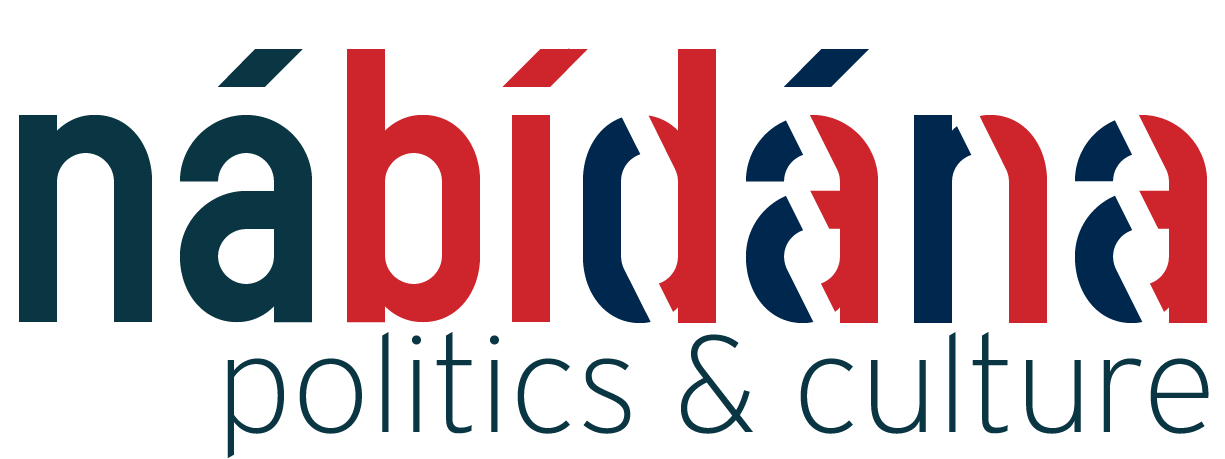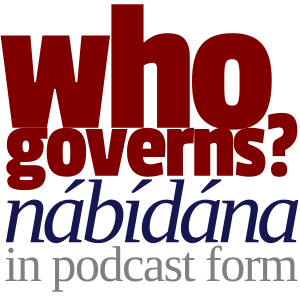There is nothing either particularly logical or elegant about the embodiment of the basic economic problem in the Guns versus Butter conundrum, but there’s probably a well established way to pay someone through taxpayer cash to paint a picture of it or commit poetry to paper on the subject. That has to end; when we’re in straitened circumstances, we need to cut all unnecessary spending, and, frankly, the arts community is going to have to suck it in.
We will have limited financial resources for the foreseeable future in the UK. Luxuries like public art and free museum entry simply can’t be afforded. For the time being, people should expect to pay at the point of entry for museums, and facilities seeking to offer free entry should seek private or philanthropic endowment to resource it.
It is patently absurd to continue funding of elite art projects while we have difficulty putting body armour on our troops or air patrols out over Scotland. Every penny saved on less necessary projects is a penny available for health, education and defence, and we should expect the arts and humanities communities to understand that and do their bit.
Now, artists may have a different perspective on this, of course. It’s entirely predictable that a threatened organised elite will push back against the imposition of the real world on their rarified existence; the proposal of a reduction in university sponsored book launch drinks receptions is never going to down well. The BBC is going to have to simply accept that it’s going to fund the cost of over-75s TV licence fees. And local authorities need to shut down general public art work in order to fund the freeze in council tax.
It’s time to take the political hit from a wipeout of any direct funding to art programmes where they exist without an explicit and clear educational or functional purpose. Some accommodation for the elite arts should be found in complete tax exemption and tax write-offs for the commissioning of new works, and future arts council funding could and should come from tax on the sale of art through an arts funding levy. But the principle should exist that arts funding is secondary and should not come from general taxation, unless there is an educational function to it.

